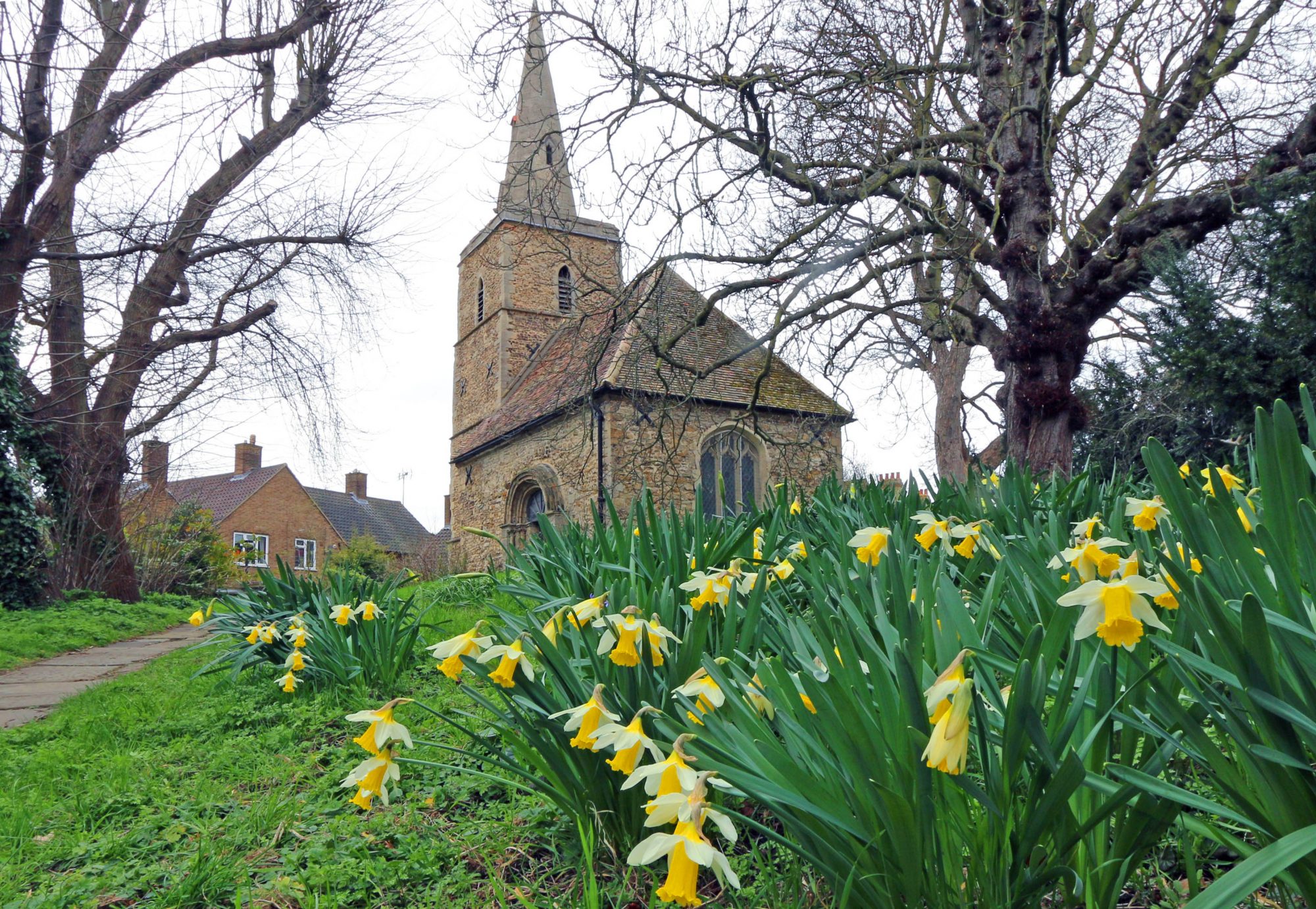I mentioned the somewhat unlikely title of this book, ‘The joy of being wrong’, when I wrote about Peter and Paul. One of the things they have in common is a confession of going wrong, and of recognising their mistakes. They are not unique.
The most memorable book by one of the theologians of the early church is St. Augustine’s ‘Confessions’, in which he describes his youth as a pagan before coming to Christianity as an adult. The very title of this autobiographical book expresses the joy he found in being able to admit he had been wrong in his search for God. He rejected pagan religions and found faith as a Christian. And he describes how hard it was to give up his sinful life. Indeed, he constantly wrote that it just isn’t possible to be perfectly good all the time.
We keep going wrong all our lives. St. Paul writes, (Romans 7) ‘When I want to do what is good, evil lies close at hand. For I delight in the law of God in my inmost self, but I see in my members another law at war with the law of my mind, making me captive to the law of sin that dwells in my members.’
We can see what we ought to do, but don’t do it. And for this reason, people have imagined that God, who is perfect, must have created a perfect world without any ‘mistakes’ but that later it went wrong. This ‘going wrong’ came to be known as ‘The Fall’ and people have imagined there was an original perfection. But modern science reveals that this isn’t so. Random change, ‘going wrong’, has always happened, and without this nothing new could ever have happened in the whole of the 14 billion years that the universe has existed.
Many people of faith, not just Christians, are disturbed by the idea from scientists that changes, and evolution, appear to be just random. They ask ‘Why would the creator choose such and inefficient and unthinking method as randomness to drive creation? Doesn’t it make God look like a bad engineer?’
In a paper presented to the Faraday Institute in Cambridge, the physicist Prof. Russell Cowburn presented an alternative view.
- Without random energy fluctuations, the universe would be cold. There would be no stars, no evolution, and no life. Everything we know springs from randomness. It isn’t an afterthought but is central to the nature of the universe.
- The heart of physics is quantum mechanics which studies randomness. The best engineers harness this randomness to make many essential tools, including steel, transformers and nuclear reactors.
In short, the entire universe has been random and hence ‘going wrong’ since the beginning of time. There never was any kind of perfection and never will be. From the moment the first living organism emerged it was, ‘going wrong’. This failure to reproduce exactly is precisely what allowed all the myriad life forms on earth to appear.
So, whilst a reading of Genesis might suggest that ‘going wrong’ is what got Adam and Eve thrown out of the Garden of Eden, this interpretation of the story is founded on a mistake about the whole nature of creation. ‘Going wrong’ is central to all life: a child learns to walk by falling down and correcting the mistakes of overbalancing.
Jesus understood this perfectly from the very outset of his ministry. When he heals a paralysed man whose friends lowered him through the roof of a house he says ‘Son, your sins are forgiven.’ Later, Jesus deliberately calls a tax collector, someone known to be ‘sinner’ because of the way he makes his money, to be a disciple. We are then told that When the scribes of the Pharisees saw that he was eating with sinners and tax-collectors, they said to his disciples, ‘Why does he eat with tax-collectors and sinners?’ When Jesus heard this, he said to them, ‘Those who are well have no need of a physician, but those who are sick; I have come to call not the righteous but sinners.’ Mark 2.16-17. Nobody is without sin. Jesus calls people who admit they go wrong and try to do better.
We should apply this understanding to our present situation. We can’t expect political leaders or health professionals to get it right every time. The threat from the virus was completely unknown, and indeed, seems to have been concealed in the country where it first emerged. No-one could know perfectly what to do. We need to recognise this. What we and our leaders should do is admit to making mistakes and learn from them. That is the only way we can save not only ourselves but the whole human race. We all need to find ‘the joy of being wrong’, admit our failings and try to do better. That, for Peter and Paul, Augustine, health officials and politicians, for all of us everywhere, is what God calls us to do.
The joy of being wrong, James Alison, Herder and Herder, 1998
Making sense of randomness in the physical world, lecture by Prof Russell Cowburn FRS
